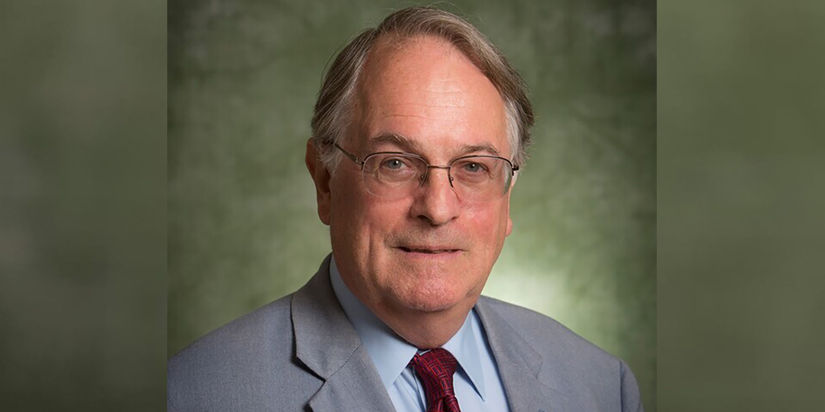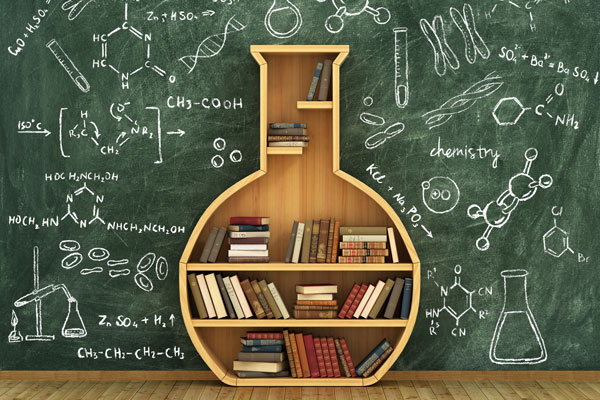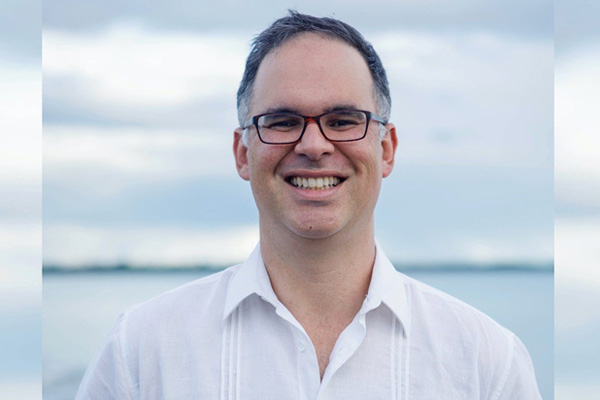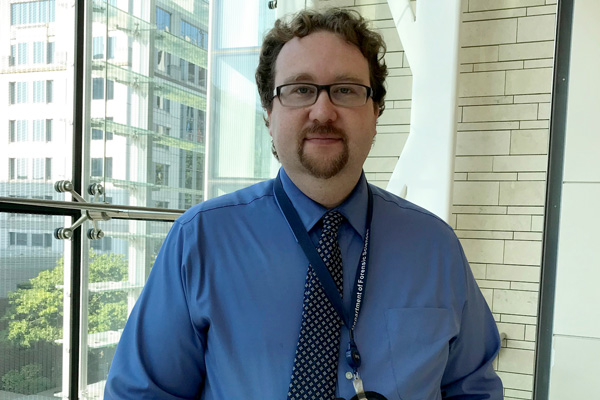
M. STANLEY WHITTINGHAM
EDUCATION: BA, MA, and PhD in Chemistry at the University of Oxford, United Kingdom
WHAT HE DOES NOW: Distinguished professor of chemistry at Binghamton University; director of the NorthEast Center for Chemical Energy Storage (NECCES); founding director of Battery-New York
Downloads:
Michael Stanley Whittingham, PhD, is a distinguished professor of chemistry at Binghamton University in New York. In 2019, he received the Nobel Prize in Chemistry, alongside Akira Yoshino, PhD, and John B. Goodenough, PhD, for the development of lithium-ion batteries.
He made the first benchtop, room temperature, lithium-ion battery in 1972, while working in the research and development lab of ExxonMobil. This initial discovery set the precedent for future research in rechargeable, lightweight, and high voltage battery science.
Why lithium? Lithium is the lightest, most electropositive metal. Thus, in electrochemical cells it provides a high voltage and energy density. These properties make it great not only for devices like laptops and cellphones, but also for transportation and grid storage.
These days, Dr. Whittingham is working toward making the whole battery infrastructure more sustainable and eco-friendly. He recently won the 2023 VinFuture Grand Prize of $3 million, which recognized how the combination of solar energy and lithium battery storage is helping the fight against climate change.
—Nejra Malanovic
This interview was edited for length and clarity.
How did you get into electrochemistry?
While I was doing my bachelor’s degree at Oxford University, I became interested in how ions move in solids. I then did some similar work during my postdoctoral research at Stanford University from 1968 to 1972. There was some interest back then in a new idea for a sodium sulfur battery, where we used a solid material as an electrolyte for conducting ions, but it required temperatures around 300 °C. So, after Stanford, I went to Exxon and requested that we try doing everything at room temperature. We had multiple successes, and I was hooked.
What has changed for you personally and professionally post-Nobel Prize award?
My year was unique since we were awarded the Nobel Prize the year before COVID really changed things, but one of the biggest differences is that I think people listen to me more now. We work closely with our local, state and federal politicians, as well as the federal agencies. I tell scientists that you can't do it all on your own. You can come up with the greatest invention, but if the policies aren't in place, it's not going to happen.
What new technologies related to your work are you most excited about?
Our interest these days is to make the whole battery infrastructure more sustainable and eco-friendly. I’d like to see them get rid of N-methyl-1-pyrrolidone (NMP), which is a nasty organic chemical that is a result of battery manufacturing. I’d also like to get rid of any materials that cause forever chemicals, per- and polyfluoroakylsubstances (PFAs) to form and persist in the water. We can do that with better chemistry.
Electrochemistry is often not well covered in gen chem, it’s a last topic for most—what is your opinion on that?
The challenge is that electrochemistry and thermodynamics all come together, and thermodynamics is very boring. Electrochemistry is very simple. When I went to Stockholm for the Nobel Prize, the British Ambassador brought some 8- and 9-year-olds with them, and we built batteries together. So, it's something you can do as a young kid. We need to get younger kids excited about science by having more activities that they can do themselves, such as making digital clocks using potatoes as batteries.
What advice do you have for high school chemistry students?
Do something that excites you. Don't do it for the money because you'll be unhappy later. Be willing to take risks. If something comes before you, grab it and run with it. I've had a number of those, and I think it's important not to shy away and be conservative. If you see an opportunity, it’s critical to take advantage of it, particularly as a high school student!
Is there anything else you would like to share?
I tell my colleagues we need to stop teaching chemistry like we used to teach it 70 or 80 years ago. It hasn't changed since! We’ve got to make it much more relevant. Plan to talk about lithium batteries right there in the beginning. Stop teaching Charles's law and all these other things. I recommend using applicable examples! How much sodium azide do you need to inflate an airbag in your car? Give them relevant homework assignments so they can understand how chemistry fits into society. When I taught general chemistry, specifically when I did the organic component, I used polymers as an example— addition polymers and condensation polymers— these are what I call more relevant things.





